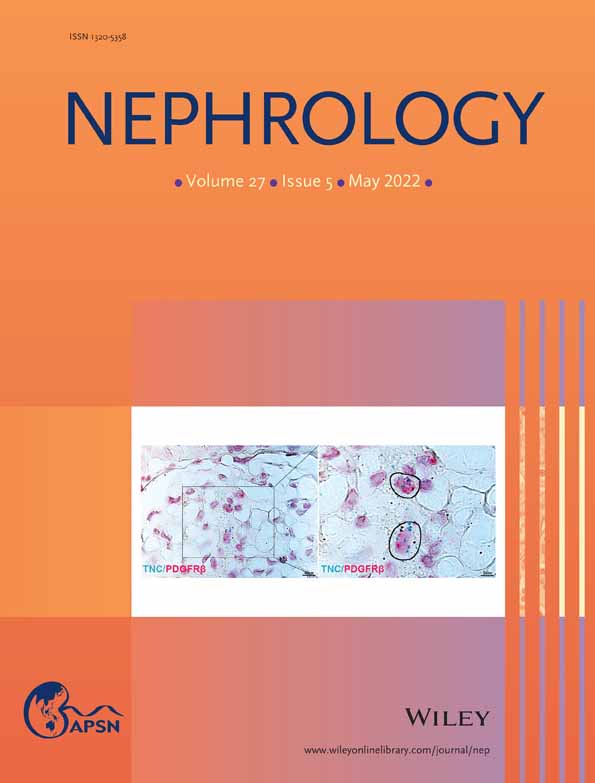Acetyl-coenzyme A carboxylase beta gene polymorphism does not predict cardiovascular risk susceptibility in Chinese type 2 diabetic individuals
Funding information: Hong Kong Society of Nephrology Research; University of Hong Kong; Sanofi-Aventis Hong Kong Limited
Abstract
Aim
Type 2 diabetes (T2D) is associated with significant cardiovascular (CV) morbidity and mortality. A single-nucleotide polymorphism (SNP) in the acetyl-coenzyme A carboxylase beta (ACACB) gene, rs2268388, reproducibly associates with diabetic nephropathy (DN). ACACB regulates fatty-acid oxidation. As such, we assessed whether ACACB SNP rs2268388 was associated with CV disease in Chinese individuals with T2D.
Methods
Chinese individuals with T2D were genotyped for SNP rs2268388. Baseline demographics were recorded and clinical data regarding coronary, carotid, and peripheral arterial disease and congestive heart failure were retrieved from electronic patient records. Statistical analyses were performed to detect associations between the rs2268388 T risk allele with CV outcomes in the cohort.
Results
A total of 596 Chinese individuals with T2D were genotyped. Their mean age was 66.8 ± 10.9 years at the time of data extraction. Genotyping revealed 59.7%, 33.2% and 7.1% of the study population were non-carriers, heterozygous and homozygous carriers of the rs2268388 T risk allele in ACACB. No statistically significant correlations of the risk allele were observed with CV outcomes.
Conclusion
These results did not demonstrate association between rs2268388 SNP in ACACB with CV outcomes in Chinese T2D patients. The ACACB gene and its role in CV risk susceptibility, via alterations in fatty acid oxidation, remains an interesting postulate and studies with larger cohort sizes and in different ethnic groups remain warranted.
CONFLICT OF INTEREST
All authors declare no conflict of interest.




